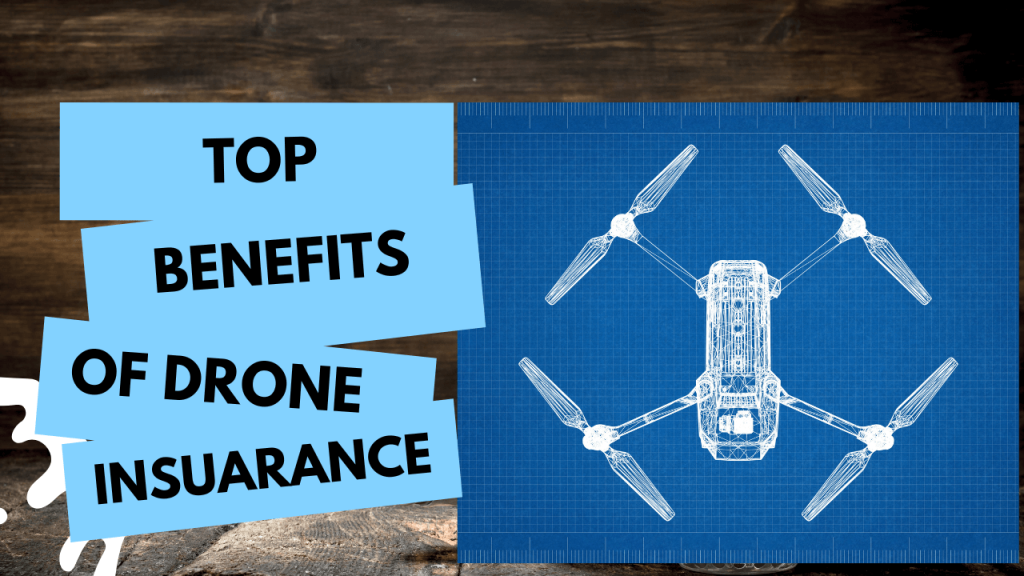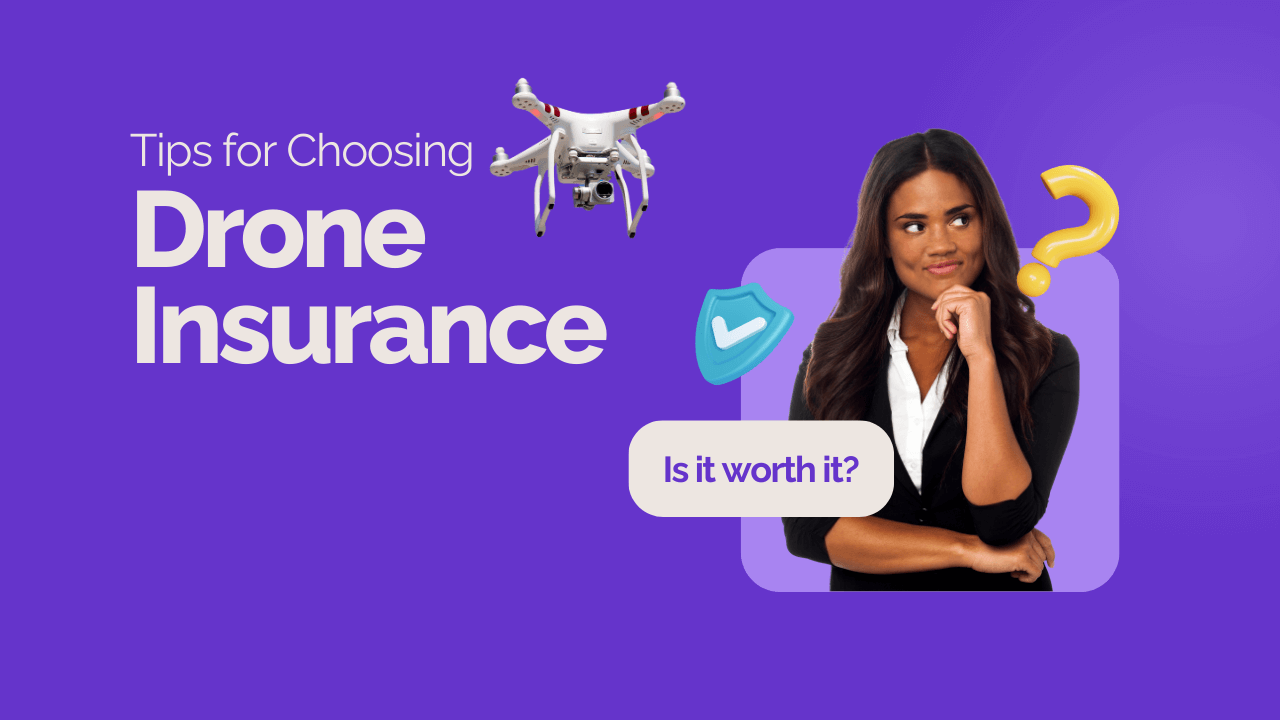As drones become increasingly popular for both recreational and commercial use, a common question arises: Do you need drone insurance? This article will explore the various aspects of drone insurance, helping you make an informed decision about whether it’s necessary for your situation.
Understanding Drone Insurance
Drone insurance is a specialized form of coverage designed to protect drone operators from financial losses related to their unmanned aerial vehicles (UAVs). But is it required to insure your drone for recreational purposes? The answer depends on various factors, including your location, how you use your drone, and the potential risks involved.
Types of Drone Insurance
There are several types of drone insurance available:
- Liability Insurance: Covers damage or injury caused by your drone to third parties or their property.
- Hull Insurance: Protects against damage to your drone itself.
- Payload Insurance: Covers equipment attached to your drone, such as cameras or sensors.
- Ground Equipment Insurance: Protects controllers, laptops, and other ground-based equipment used in drone operations.
Factors Influencing the Need for Drone Insurance
Several factors can influence whether you need drone insurance:
- Purpose of Use: Commercial drone operators often require insurance, while recreational users may have more flexibility.
- Drone Value: More expensive drones may warrant insurance to protect your investment.
- Flight Location: Flying in populated areas or near valuable property increases risk and may necessitate insurance.
- Regulatory Requirements: Some countries or regions mandate drone insurance.
Legal Requirements for Drone Insurance
Legal requirements for drone insurance vary by country and region. For example:
- Luxembourg: As of 2023, recreational drone users in Luxembourg are not legally required to have insurance. However, it’s highly recommended for both recreational and commercial operators.
- Malta: In Malta, drone insurance is mandatory for all drone operations, including recreational use. This requirement aligns with EU regulations on drone operations.
- United States: The FAA doesn’t require drone insurance, but commercial operators often need it to meet client requirements or mitigate risks.
Always check your local regulations, as drone laws are subject to change.
Benefits of Having Drone Insurance

Even if not legally required, drone insurance offers several benefits:
- Financial Protection: Covers potential damages or injuries caused by your drone.
- Peace of Mind: Allows you to fly with confidence, knowing you’re protected against unforeseen events.
- Professionalism: For commercial operators, having insurance demonstrates responsibility and professionalism to clients.
- Legal Compliance: Ensures you meet any regulatory requirements in your area.
How to Choose the Right Drone Insurance
When selecting drone insurance:
- Assess Your Needs: Consider your drone’s value, how you use it, and potential risks.
- Compare Policies: Look at coverage limits, deductibles, and exclusions from different providers.
- Check for Specialized Coverage: Some homeowners or renters insurance policies may cover drones, but often with limitations.
- Consider Flexible Options: Some insurers offer on-demand policies that can be activated only when you’re flying.
Conclusion
While the question “Do you need drone insurance?” doesn’t have a one-size-fits-all answer, understanding the factors involved can help you make an informed decision. Whether you’re a hobbyist in Luxembourg or a commercial operator in Malta, carefully consider your specific situation, local regulations, and potential risks. Remember, even if not legally required, drone insurance can provide valuable protection and peace of mind.
Call to Action: Still unsure if you need drone insurance? Consult with a local drone association or insurance professional to get personalized advice for your situation.
